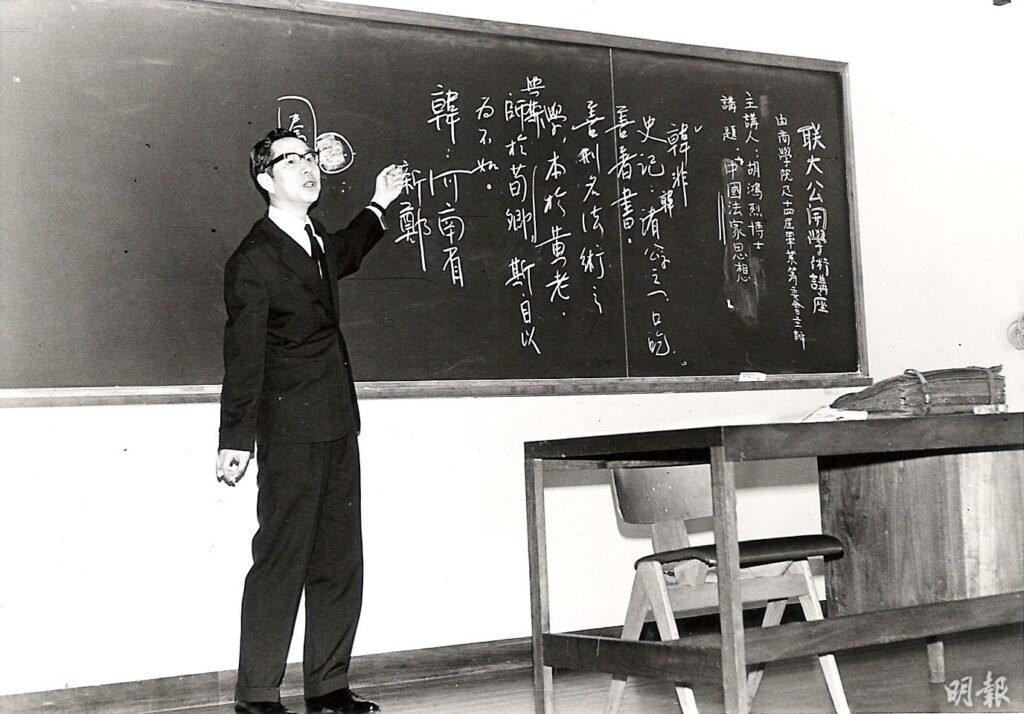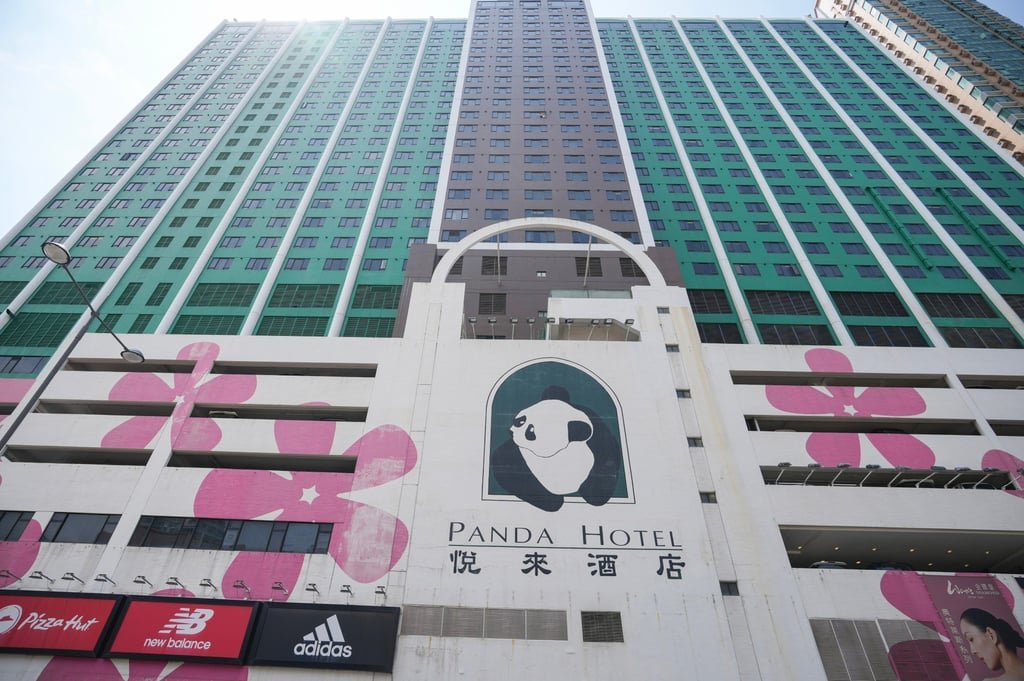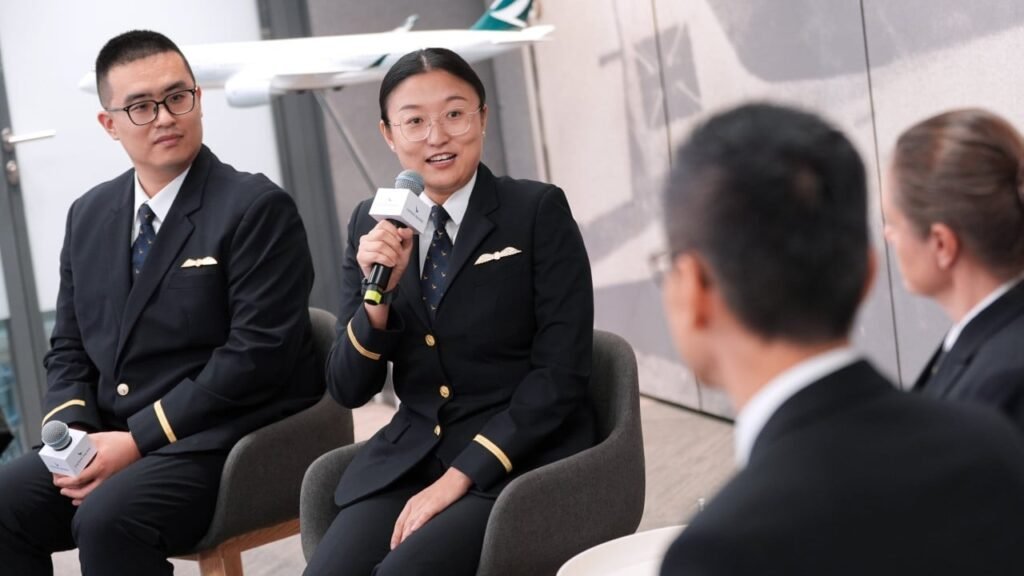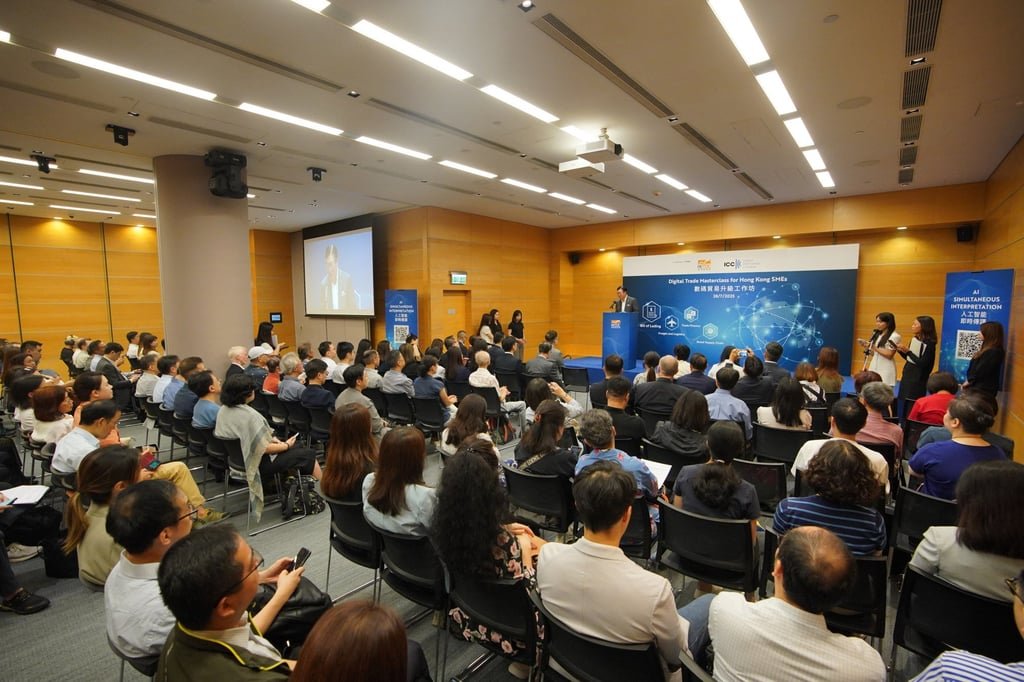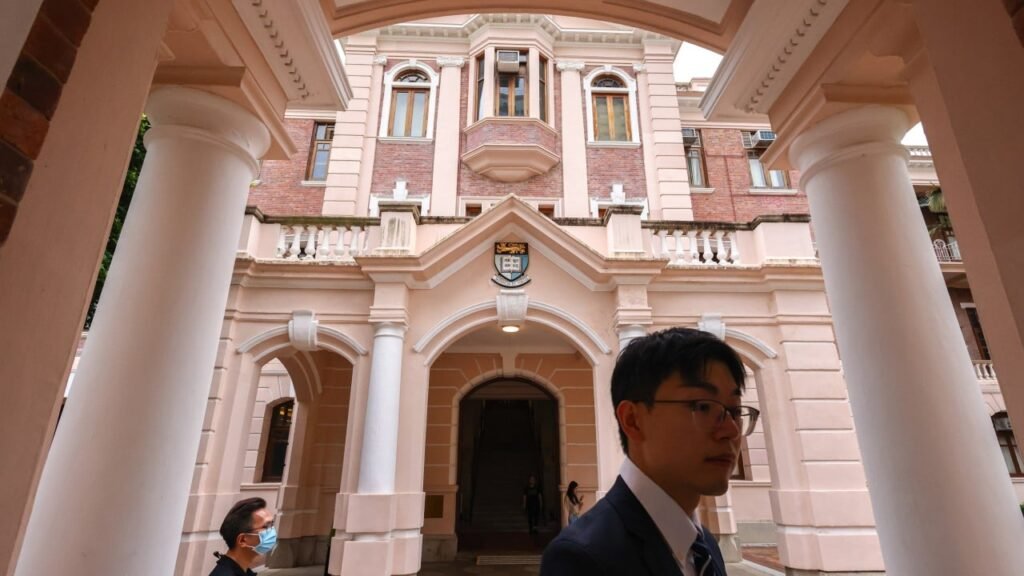On Monday, the Development Bureau announced that it was withdrawing from two sites that had previously been open to private sector bidders. A three-hectare lot in Yuen Long will instead be given to the wholly government-owned Hong Kong Science and Technology Parks Corporation, which already runs an innovation park on adjacent land. The site will be used to build a microelectronics industrial ecosystem. Meanwhile, an eight-hectare site in Hung Shui Kiu will be developed as an industrial estate run by a government-owned company to be established pending a bureau policy study.
In both cases, the administration is clearly taking much more of a leadership role and hands-on approach. This contrasts with the philosophy prevailing immediately after the establishment of the Hong Kong Special Administrative Region in 1997.
The unit was created to draw up and implement programmes to help businesses – basically, cutting red tape – and to support the development of Hong Kong’s service sector. Each programme had its own advisory committee comprising business leaders and academics, with support from relevant government departments.
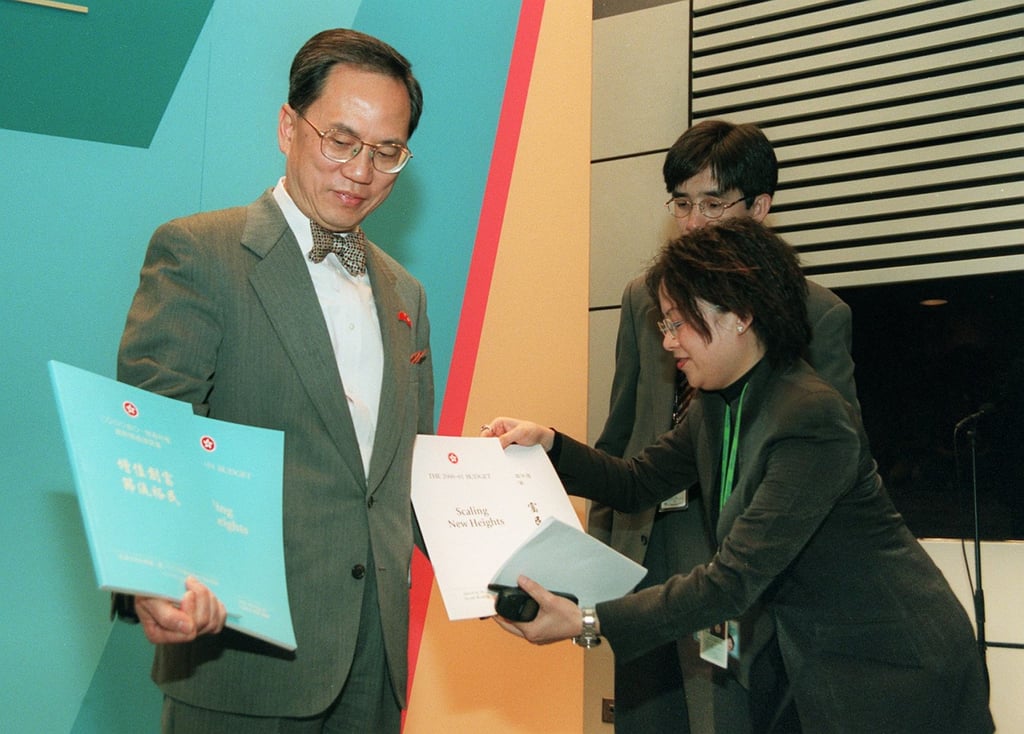
Tsang encouraged leading members of the private sector to put forward suggestions for strengthening and improving the economy in general as well as the operating environment in specific sectors. The unit would then study how best to improve the situation with the help of external consultants if necessary.

